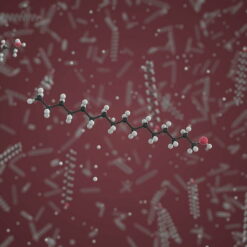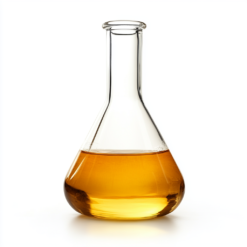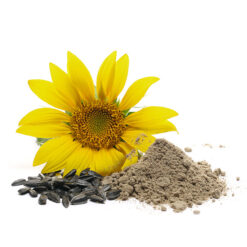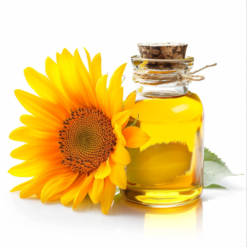Emulsifiers
Emulsifiers are chemical substances or mixtures that enable the combination of two naturally immiscible phases, such as water and oil, into a stable emulsion. Emulsifiers work by reducing the surface tension between phases. They achieve this through a unique molecular structure, containing a hydrophilic part that attracts water and a hydrophobic part that attracts oils. This allows emulsifier molecules to settle at the interface of both phases, stabilizing the mixture and preventing it from separating.
Applications
Emulsifiers have a wide range of applications in the cosmetics, food, pharmaceutical, and chemical industries. In cosmetics, they are essential in creams, lotions, milks, and other skincare products, allowing for the combination of water and oil ingredients while ensuring a pleasant texture and product stability. In food products, emulsifiers serve a texturizing function, providing a creamy consistency in ice cream, margarine, and sauces, and prolonging the freshness of bread by preventing staling. In the pharmaceutical industry, they are used in producing emulsified medications, where they help evenly disperse active ingredients.
Types of Emulsifiers
Depending on their chemical structure and function, emulsifiers are divided into ionic (anionic, cationic) and nonionic. Anionic emulsifiers, such as sodium soaps or alkyl sulfates, have strong foaming properties and are frequently used in detergents and cleaning products. Cationic emulsifiers, such as pyridine derivatives, are more stable and primarily used in hair care products to reduce static. Nonionic emulsifiers, such as lecithin or glyceryl monostearate, have a milder effect and are widely used in both cosmetics and food.
Cosmetic raw materials
Cosmetic raw materials
Raw Materials for Production





